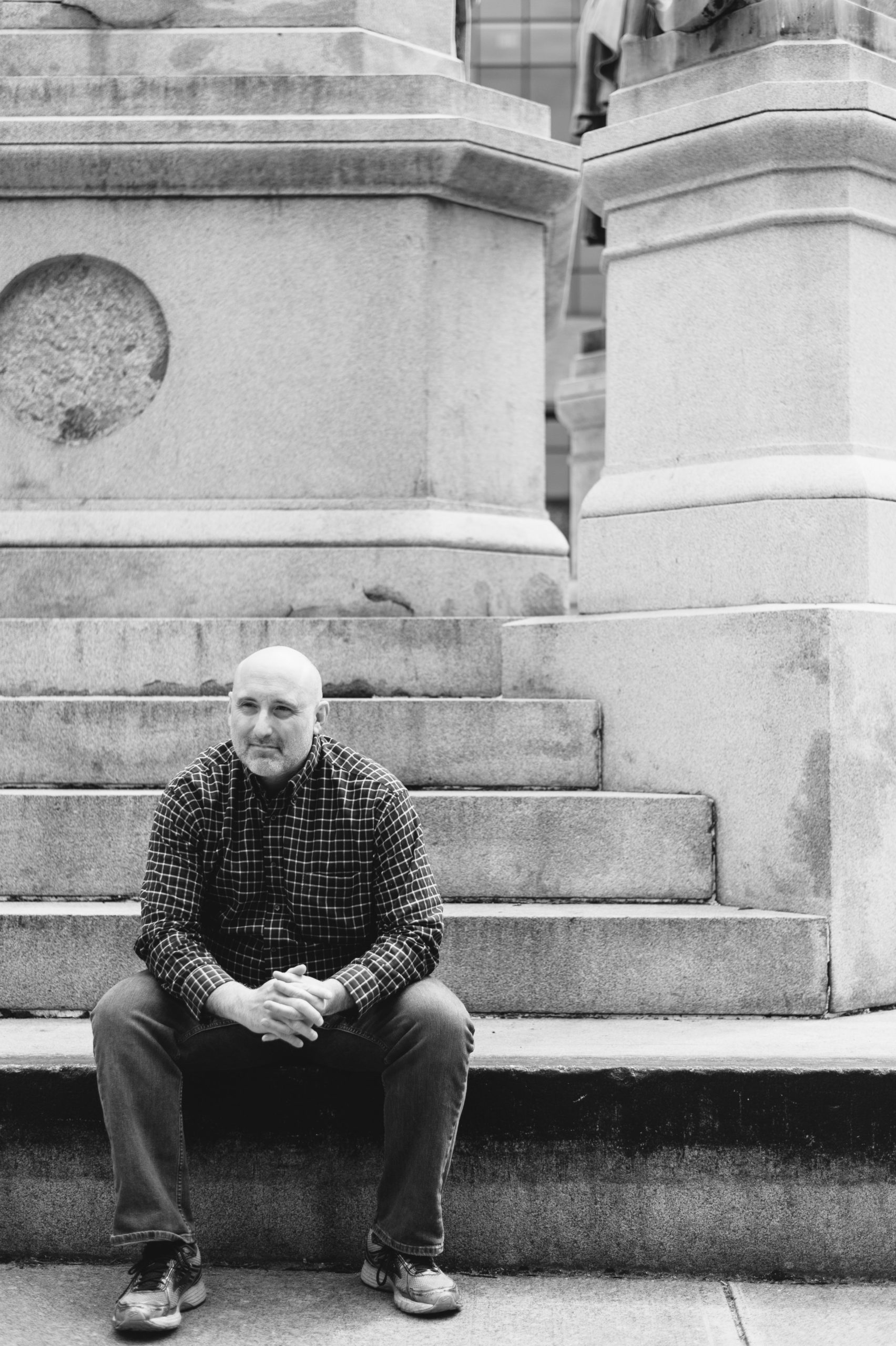My Story
In 1995, I was a young, ambitious pastor serving a small village church. One Sunday, I delivered a sermon on human illness and divine healing in which I shared these words:
When we become ill, it is important to listen to our bodies and pray that God help us make necessary changes. Our ailments may be blessings in disguise. We may be expecting too much from ourselves, or avoiding things we need to face. As we listen to our bodies, talk and reflect with others, and pray together, we can gain spiritual insight which will help us live healthier, more productive, more abundant lives.
The next day, I was in the seclusion room of a psychiatric hospital. I was told I had bipolar disorder, that I would never work as a pastor again, that my marriage would likely end, and that I would spend the rest of my life in and out of psychiatric hospitals.
By the grace of God and with much help from many others, I served another dozen years of fruitful ministry, was married “for better and for worse” for twenty three years and have mostly progressed in treatment to enjoy what my psychiatrist calls “maintenance remission.”
My Message
Having served over twenty years in ministry while wrestling with a serious mental illness, I have a message of Good News to share. This is not just positive affirmation meant to cover up feelings and shame and fear. It is not something I’ve picked up from one of the countless self-help books on the ABCs of analysis and treatment. It is certainly not that I have attained victory over bipolar through divine intervention alone and I no longer need medication or therapy.
The Good News we have to share is instead the hope that, with Christ’s saving grace, the hellish impact of mental illness will be bearable. God is with me even in the darkest valleys of despair. Nothing can separate us from the love of God in Christ. Our hope, the Good News is that God has a purpose for our lives. And when we carry this hope, we find fellowship with others who struggle; we are emboldened to fight the stigma that often leads to dangerous silence; we find a measure of peace even during the worst moment that things will get better. We don’t know when, or how. Maybe not even in this life. But things will get better.
My Mission
Many people with mental illness are angry at God, at believers and at faith communities. People within churches struggle to understand mental illness to connect what medical advances about brain chemistry with Truth revealed in Scripture. I have lived in both worlds and wrestle daily with my dual identity as a Christian who has a serious mental illness.
My mission is to bridge the distance between faith and mental illness — fostering faith among those with disorders and diagnoses and promoting compassion within the faith community. Sharing my spiritual memoir is the first step towards this mission.
Won’t you join me on this mission? Pray for those impacted by mental illness. Recruit them to share their stories within your sanctuaries. If you have a mental illness, set aside your assumptions and walk into a church one Sunday or ask to go with a Christian you know.
When we do these things, we reclaim our godly mission through the madness of the world.
Discover more from Delight in Disorder
Subscribe to get the latest posts sent to your email.









The thought of being angry with God seemed so wrong with me, but then I heard one speaker talk about how God already knows what we are thinking. I, too, have been frustrated with God, faith, pastors, and man. However, through it all I keep reminding myself that there has to be a reason for this. I still don’t understand or know the reason, but I keep believing.
I have also come to realize that withholding my feelings from God is futile and only gets in the way of an intimate relationship with Him. Thanks for the confirmation, Melissa.
Blessings in Christ,
Tony
Facebook Author Page Delight in Disorder Website Revealing Voices Blog
*“Delight yourself in the Lord, and he will give you the desires of your heart.”* (Psalm 37.4)